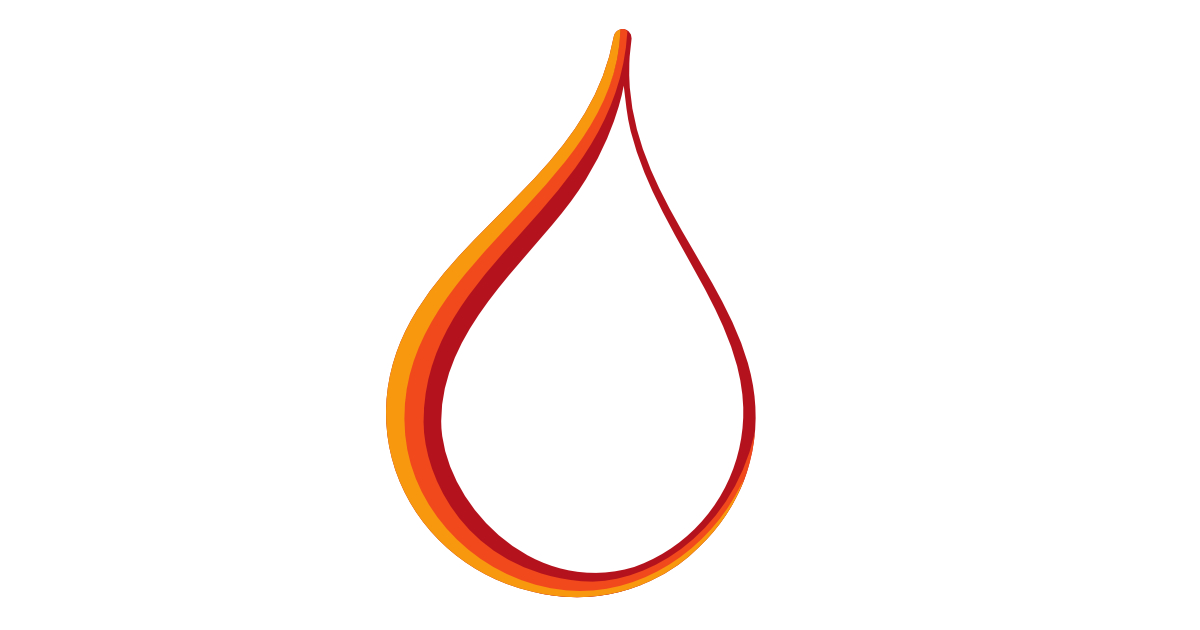New class of drugs being developed for treatment of polycythaemia vera
An update on the progress with these newly developed drugs is provided by Associate Professor David Ross, Consultant Haematologist at Royal Adelaide Hospital and Flinders Medical Centre, Adelaide
————————————————————————————
Treatment options for polycythaemia vera (PV) are limited at present. Hydroxyurea, a mild chemotherapy tablet, is the most widely used drug treatment in Australia, although the use of interferon is increasing since the recent PBS listing of Pegasys®. Ruxolitinib has shown good results in clinical trials in PV, but in Australia is funded only for the treatment of myelofibrosis.
In 2012 a New York research group reported that the combination of a new drug, ‘nutlin’, with interferon suppressed the growth of PV cells collected from patients.1 They did not treat patients with nutlin, but a related compound being developed by Roche has entered clinical trials as idasanutlin.
Idasanutlin is an inhibitor of MDM2, a protein involved in regulating cell growth and survival. Inhibition of MDM2 has a greater effect on the growth of PV cells than of healthy blood cells. A small Phase 1 clinical trial involving 11 PV patients treated with two different oral doses of idasanutlin was recently published in Blood, one of the leading haematology journals.2 The authors reported improved blood counts, reduction in spleen size, improved symptoms, and a reduction in the level of the JAK2 mutation in the blood. Preliminary results from the phase 1 trial indicated that the main side effects were diarrhoea and nausea, which were usually mild and occurred in around half of people taking the drug.
A Phase 2 clinical trial of idasanutlin is now recruiting PV patients in whom hydroxyurea has caused intolerable side effects or did not achieve satisfactory disease control.3 This study is open at two Australian sites: the Royal Adelaide Hospital in South Australia and the Peter MacCallum Cancer Centre in Victoria.
Other MDM2 inhibitors are in development, including KRT232 from Kartos Therapeutics. KRT232 is being tested in PV and myelofibrosis internationally, and may become available at some Australian clinical trial sites in the coming months.
References:
1. Lu M et al. Combination treatment in vitro with Nutlin, a small-molecule antagonist of MDM2, and pegylated interferon-2a specifically targets JAK2V617F-positive polycythemia vera cells Blood. 2012;120:3098-3105.
2. Mascarenhas J et al. Oral idasanutlin in patients with polycythemia vera Blood 2019; online June 5 doi: 10.1182/blood.2018893545.
3. Available at: https://www.australianclinicaltrials.gov.au
If you would like to know about the trial, please discuss this trial with your GP or specialist. You can also search for details on the Australian Clinical Trials website by typing idasanutlin into the ‘search for a clinical trial’ category.


